

powered by Advanced iFrame. Get the Pro version on CodeCanyon.
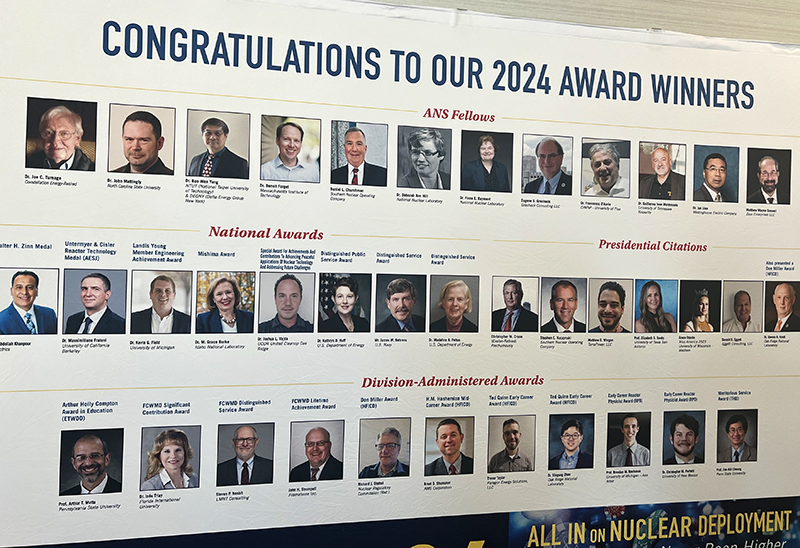
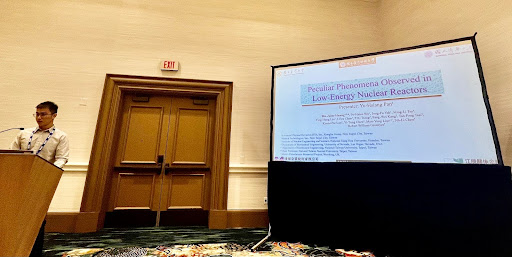
Peculiar Phenomena Observed in Low-Energy Nuclear Reactors.pdf (National Taiwan Normal University)
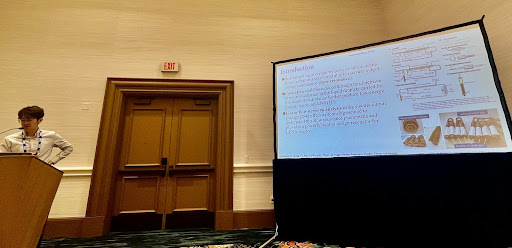
Linear Flow Network Analysis of Resonator in Low-Energy Nuclear Reactor.pdf (National Taiwan University)
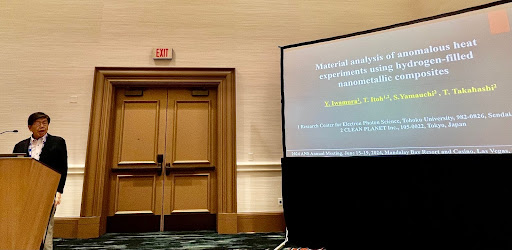
Material Analysis of Anomalous Heat Experiments using Hydrogen-filled Nanometallic Composites.pdf (Tohoku University and Clean Planet, Japan)
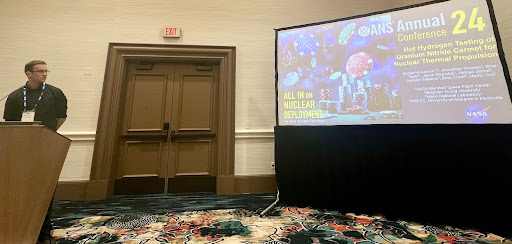
Hot Hydrogen Testing of Uranium Nitride Cermet for Nuclear Thermal Propulsion.pdf (NASA Marshall Space Flight Center)


powered by Advanced iFrame. Get the Pro version on CodeCanyon.


powered by Advanced iFrame. Get the Pro version on CodeCanyon.